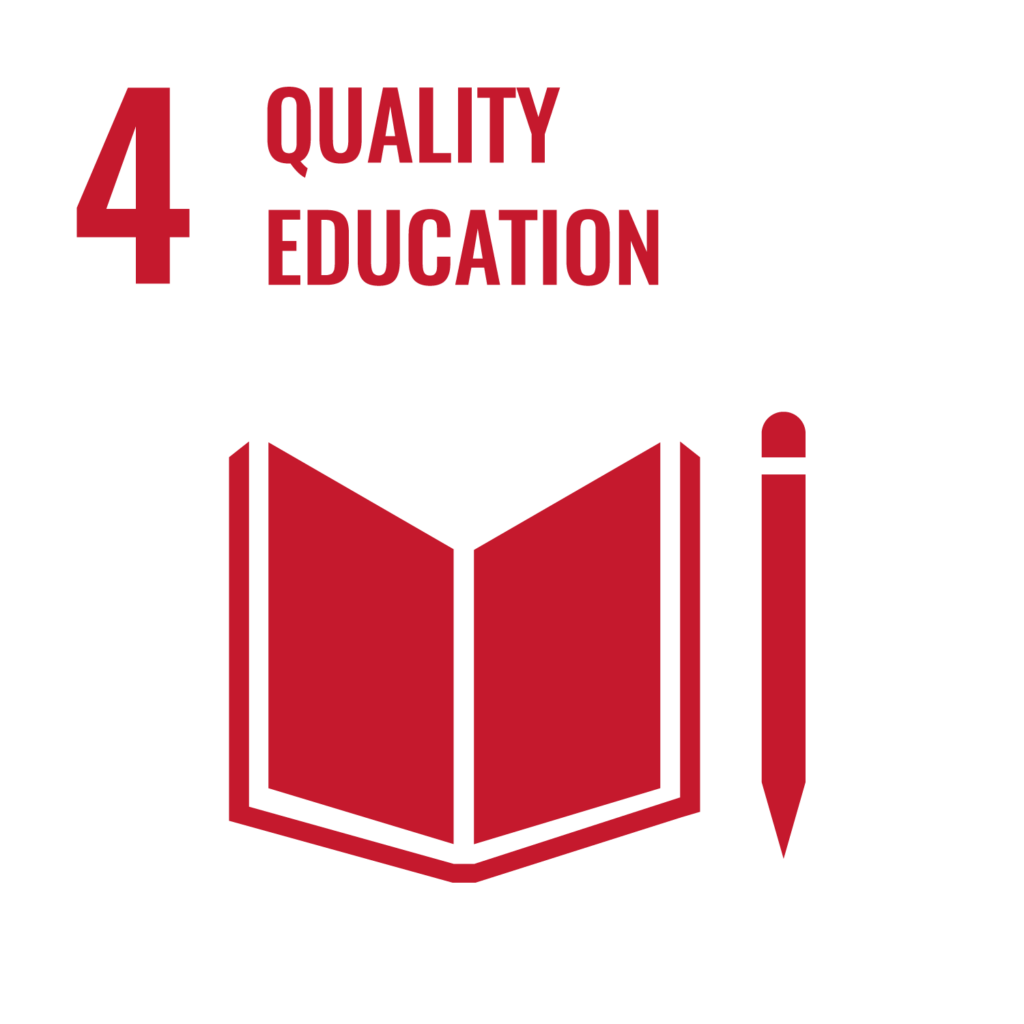EOSC Future grant: Design concepts for Registry Services used for Controlled Vocabularies

Summary
Open Science enables and simultaneously requires a much higher level of interoperability and sustained and reliable semantic concepts for data-driven processes on observations, experiments, or scalable data ensembles.
This proposal aimed to set up a framework of guided recommendations to design concepts for Registry Services used for Controlled Vocabularies curation regarding x-domain and co-creation aspects. It considered a dedicated integrated governance model for the continued maintenance and evolution of terminologies concerning FAIR after their development by a given community.
The main purpose was “How to deal with “individual” extension of existing vocabulary, keep versioning, provenance and quality assessment”. Software functionalities have supported such holistic consideration. Comparison and collection of requirements endorse this and are valuable in the form of generic recommendations for the scientific community.
People and Organisations
Chris Schubert (https://orcid.org/0000-0002-4971-2493), Head of Media Management and Library-IT at the University of Technology Vienna – Library, Austria, has been working for almost 20 years in data interoperability and semantics. As a Geologist and Computer Scientist, he started with ontology-driven web services, land cover analytics and vocabulary reasoning. He was heavily involved in the EU INSPIRE Directive at the European Commission, especially for data modelling and EU vocabulary management (Member of INSPIRE Vocabulary control body).
In Austria, he was responsible for setting up a Climate Research Data Infrastructure, is still working on semantic technologies and is now firmly involved in the EOSC (European Open Science Cloud) as a member of the EOSC Task Force on FAIR Metrics and Data Quality.
Since 2020 he has been co-chair of the GEO Data Sharing and Data Management Principles Subgroup and active in ISO TC211 and Austrian Standards.
Romain David is a research fellow – Data Manager at ERINHA AISBL (European Research Infrastructure on Highly Pathogenic Agents). He is a young PhD but has 15 years of experience both in terrestrial / marine ecological engineering and database management – network animation. He is a Data mining and graph approach addict and a Data Management Plan with FAIR Compliance evangelizer.
Richard Dennis is a Research Consultant – Data Steward, University of Copenhagen, Novo Nordisk Foundation Center for Stem Cell Medicine – reNEW with primarily focus on Data Governance, Data Repositories (Dataverse), Research Data Management, FAIR Principles, FAIR Digital Objects, Data Science Process, and EOSC (European Open Science Cloud) within Open Science, Metadata Standards: Metadata for Machines, Machine Actionable Data, Dublin Core Metadata Initiative, Data Catalog Vocabulary (DCAT), DataCite Metadata Schema and (DCMI), Data Documentation Initiative (DDI) cookbook.
Katrina Schleidt studied technical informatics at the Technical University in Vienna. Since 2004 she has been working for Umweltbundesamt GmbH as an expert on environmental data integration and networking. From 2004 to 2007 she worked on semantic integration of longterm ecological research data (LTER). She is the technical coordinator of the Austrian GBIF (Global Biodiversity Information Facility) Network. Since 2007 she has been working on the implementation of INSPIRE and SEIS (Shared Environmental Information System), focusing on the use of use of OGC Observations and Measurements (O&M) for the provision of monitoring data, as well as experimenting with Sensor Web Technology (SWE) as an interesting extension to INSPIRE and SEIS. She coordinated the use of O&M in INSPIRE, and is currently defining the new European Air Quality reporting formats based on INSPIRE.
Heimo Rainer is a researcher at the Natural History Museum Vienna.
Sustainable Development Goals

